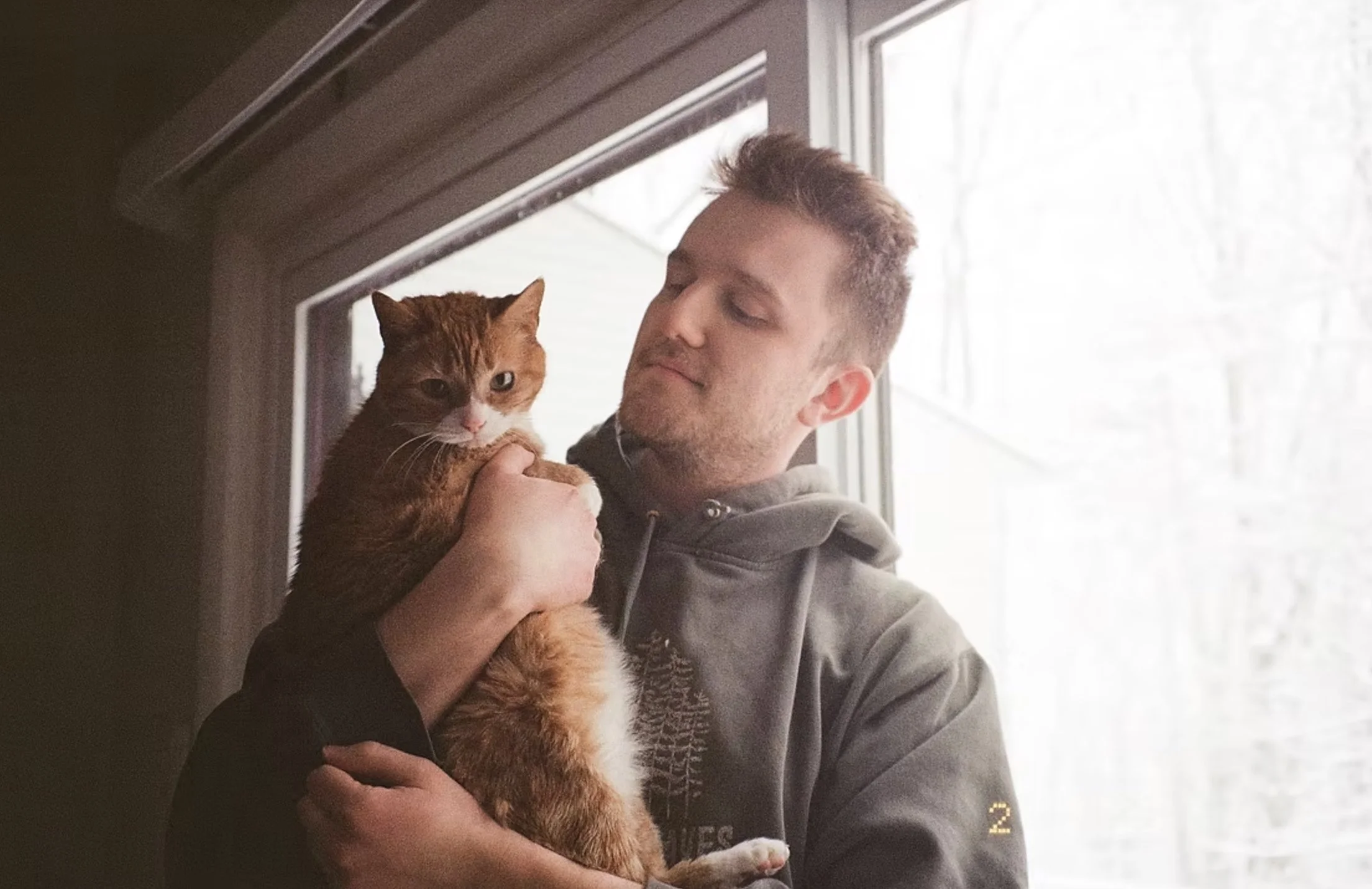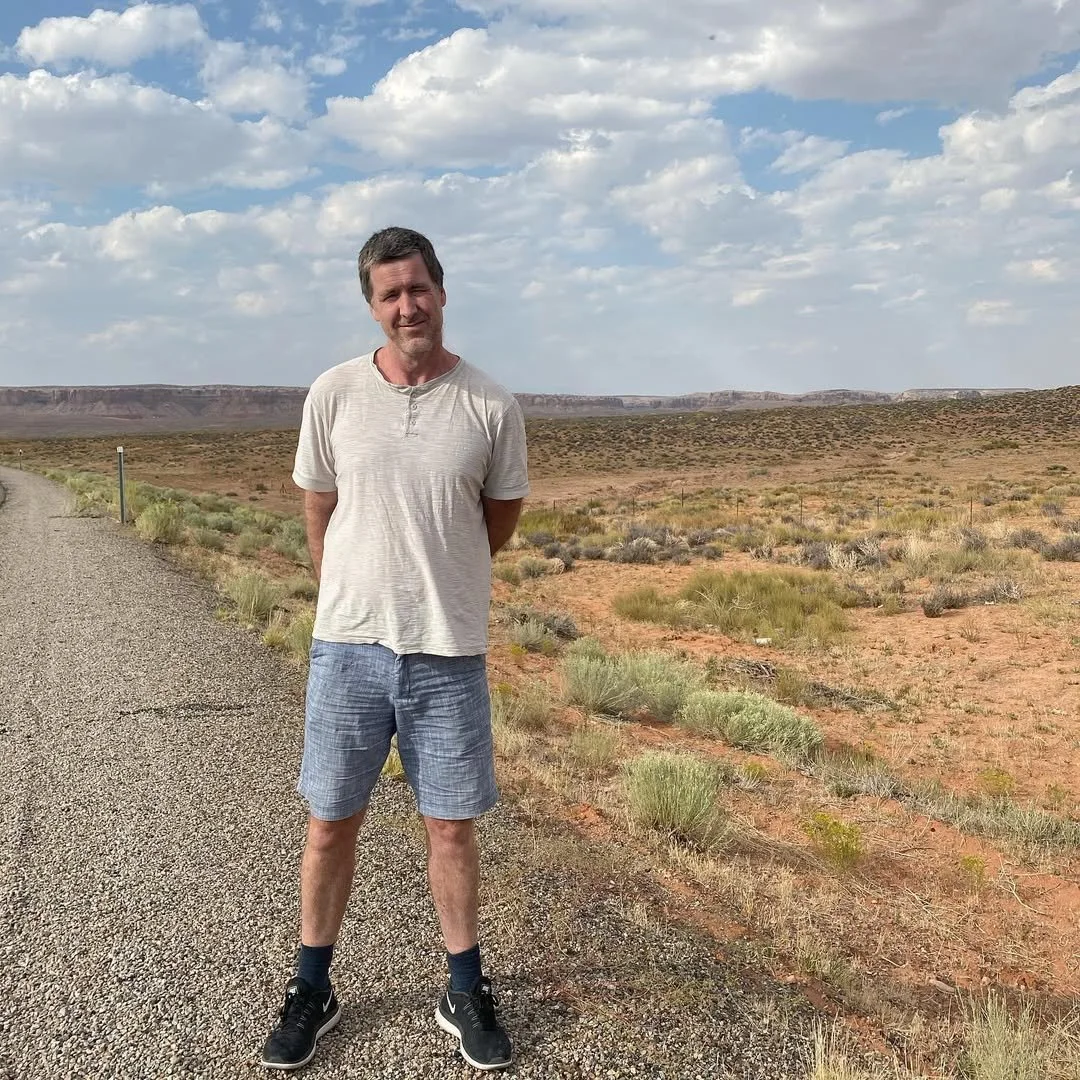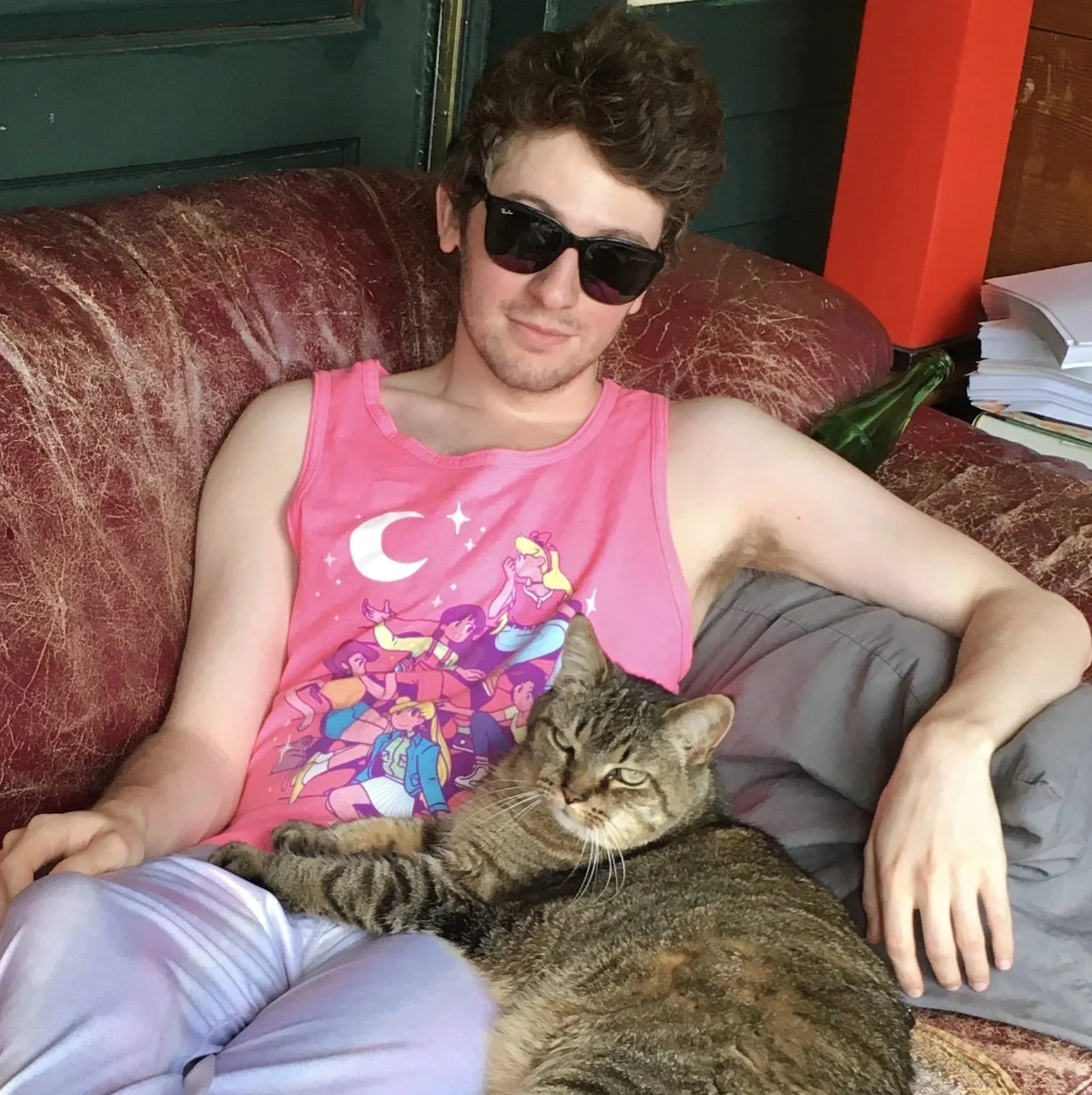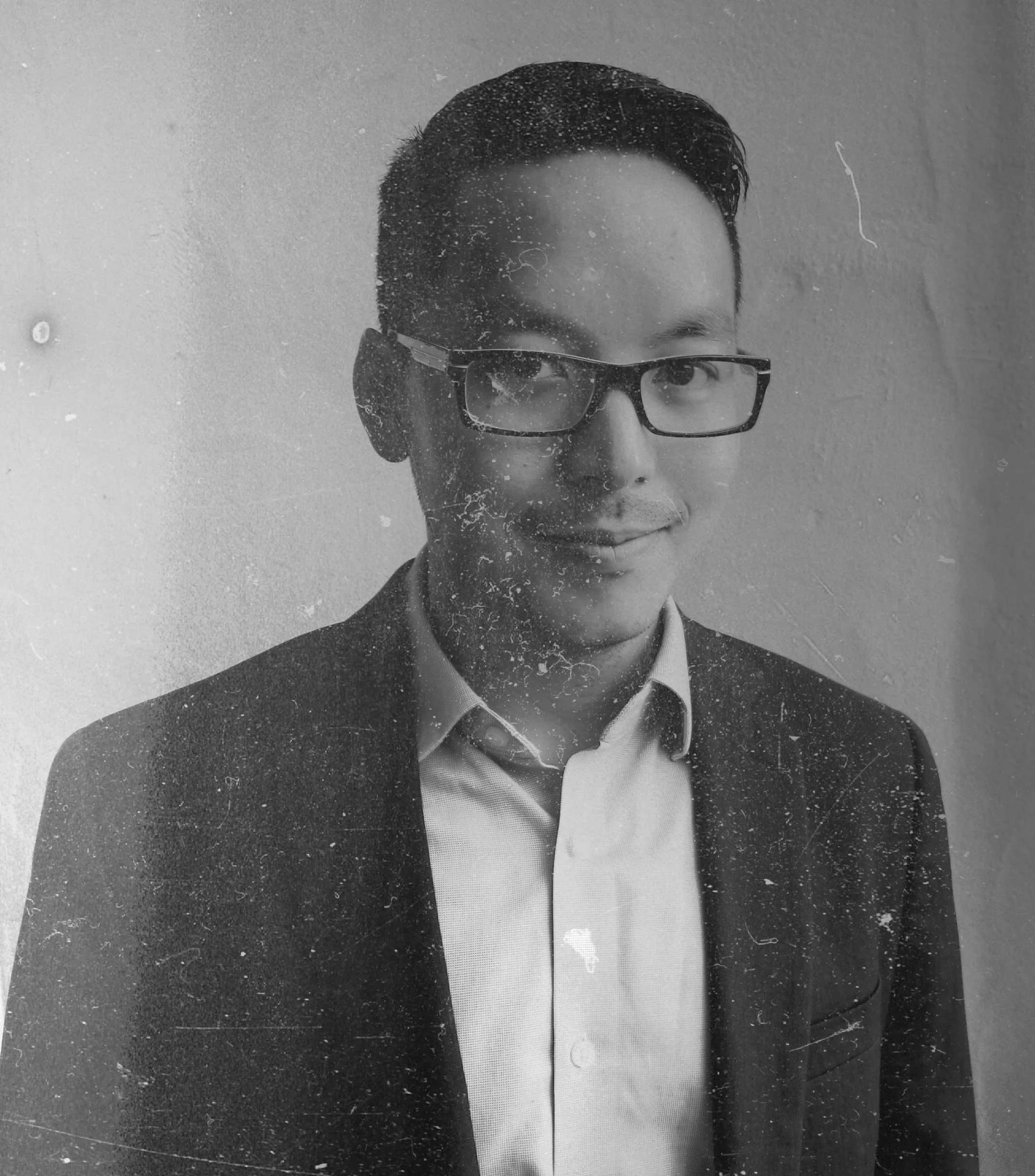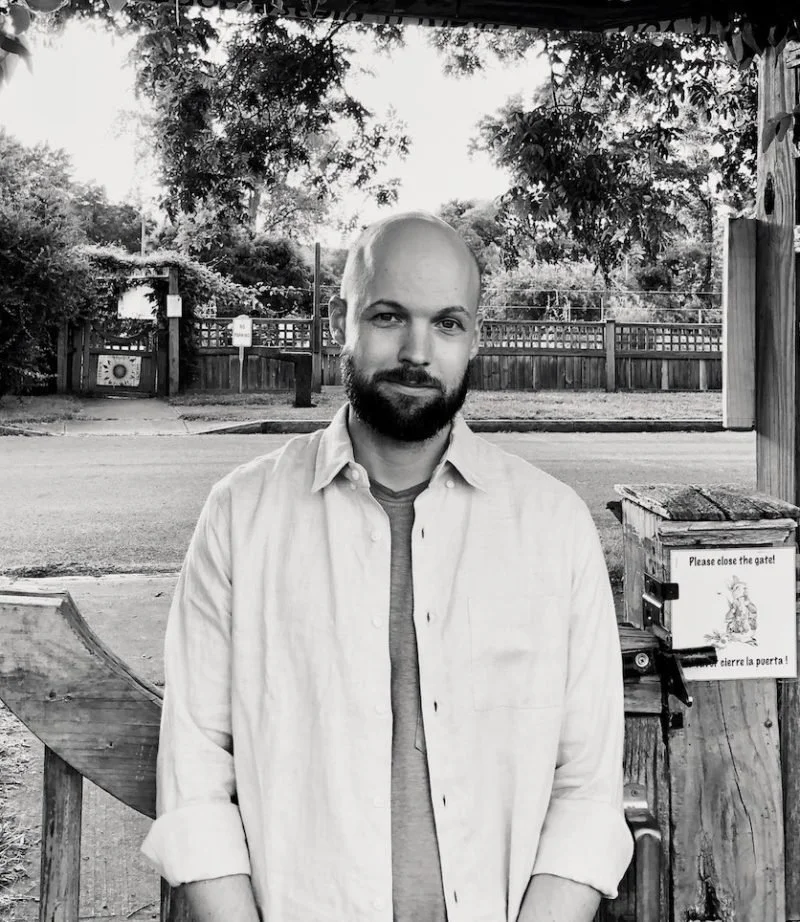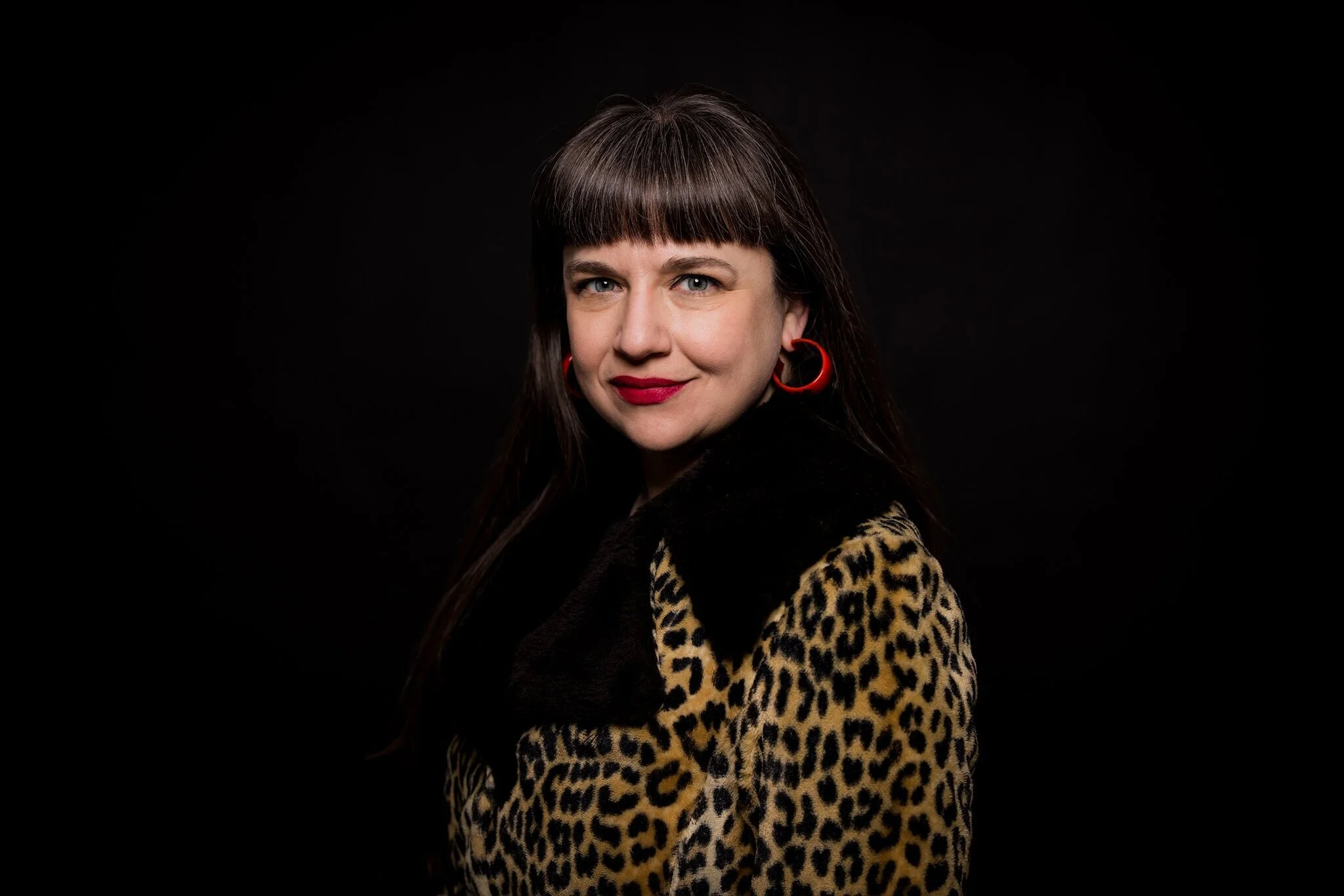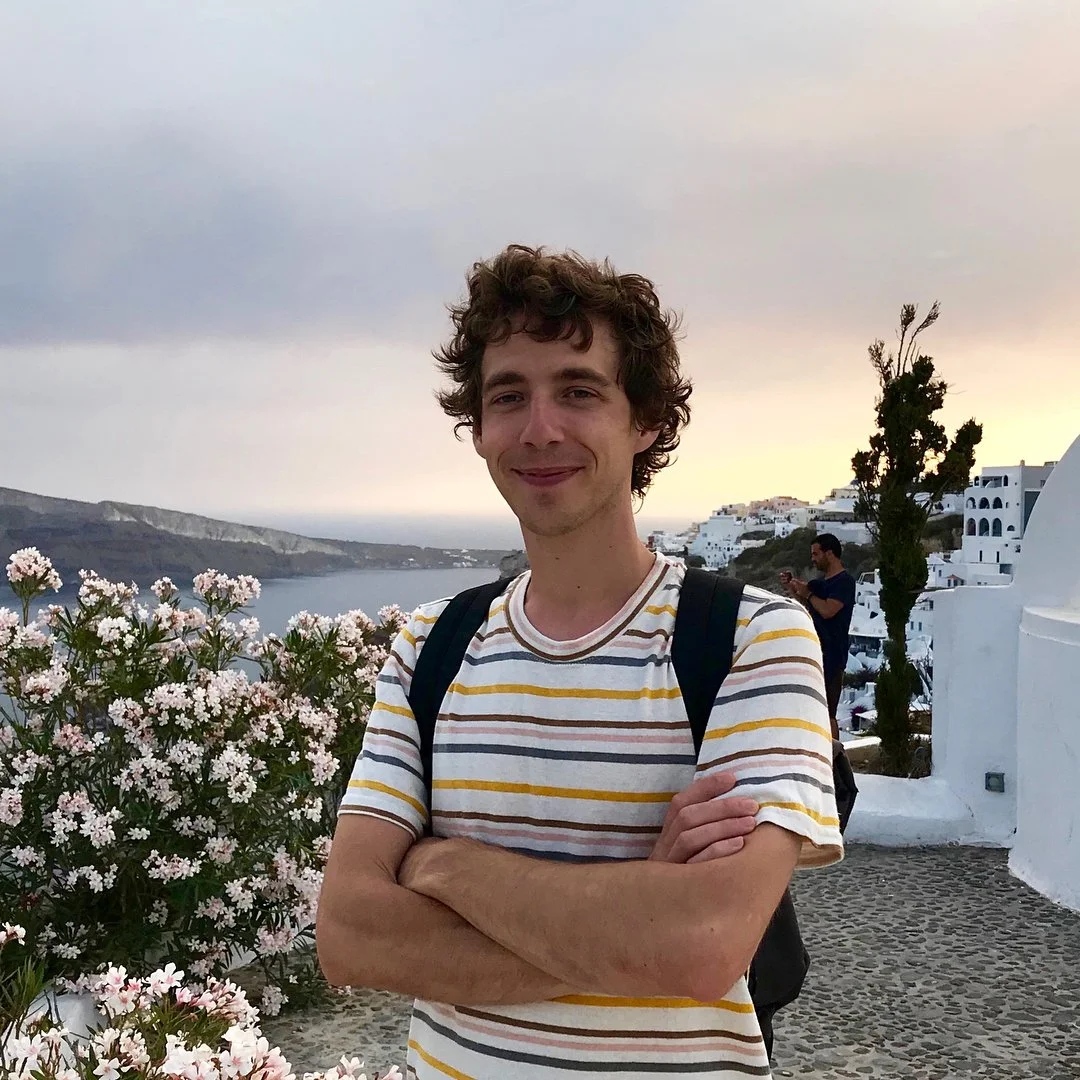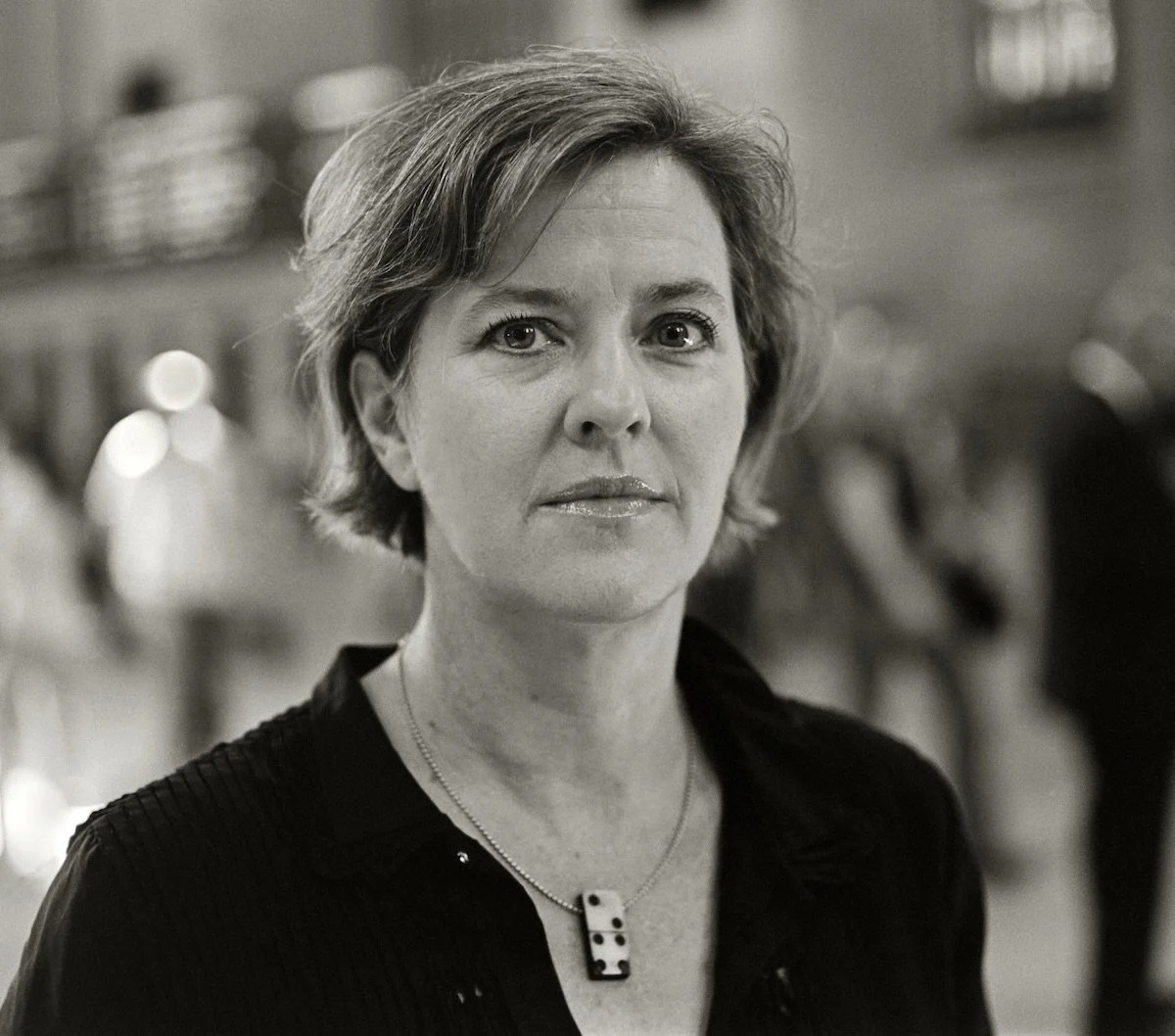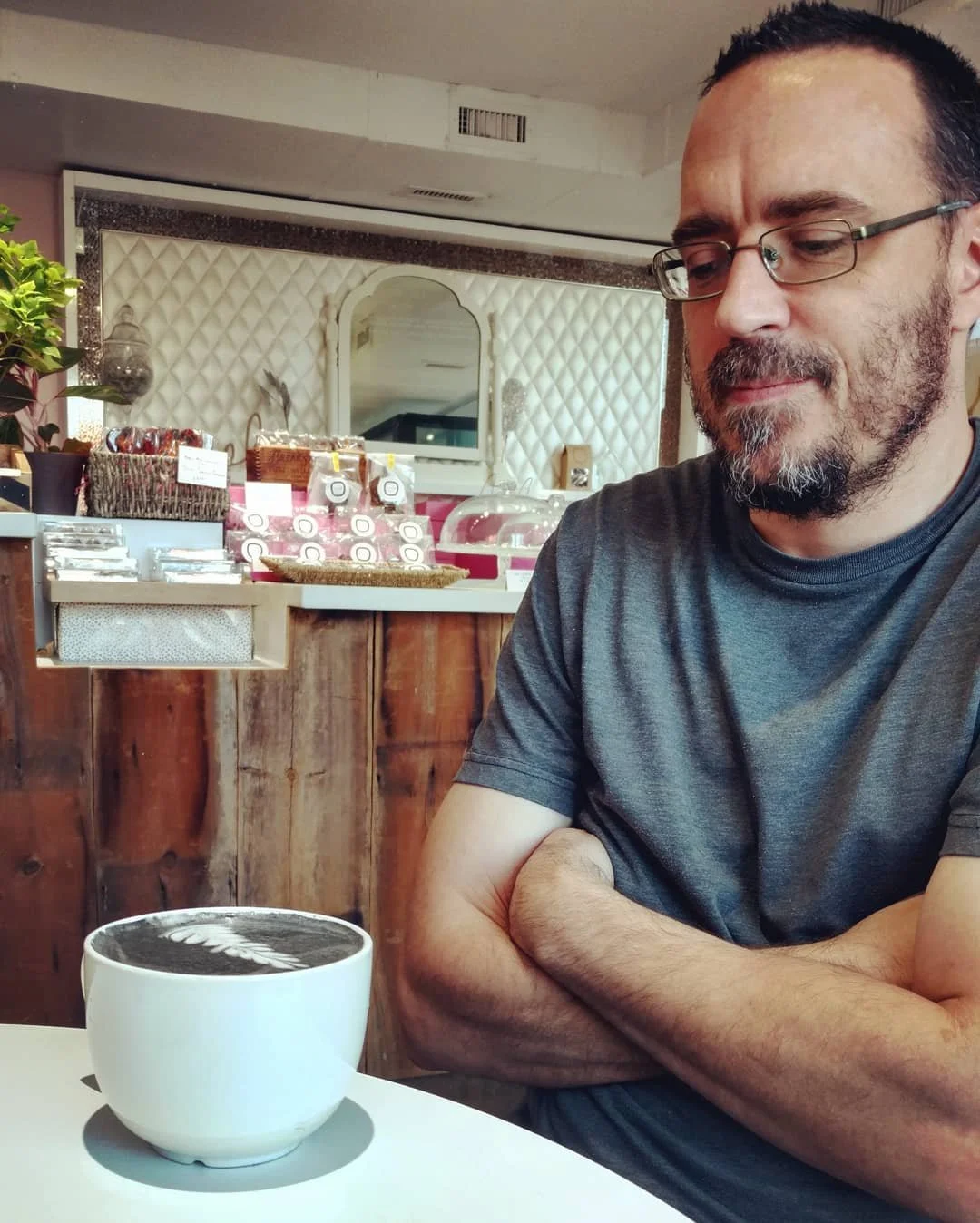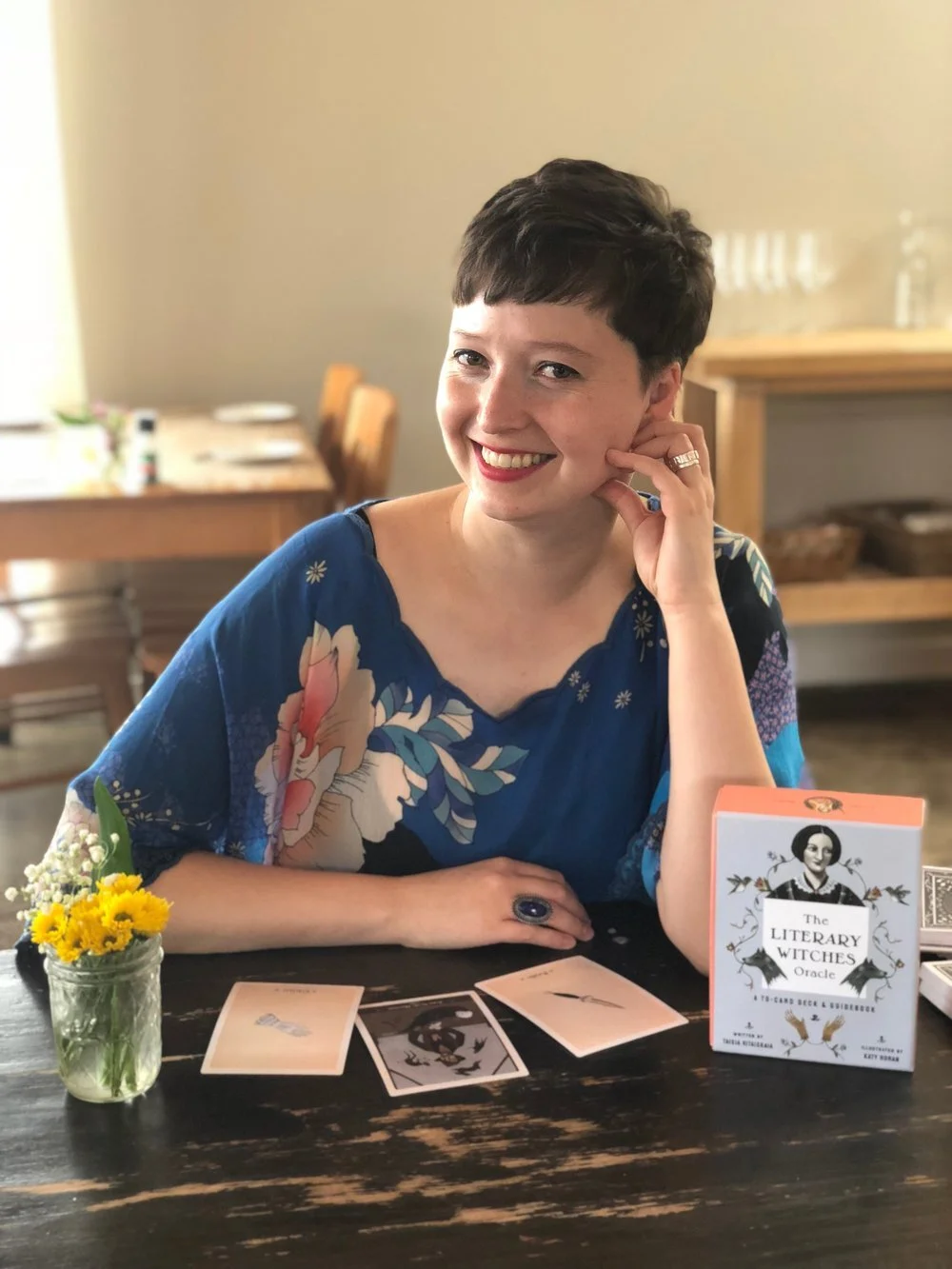Mike Topp is a legendary writer of few words. His poems and short stories and tiny essays can all fit in the palm of your hand. On a Post-It Note. Within a tweet. Often they make me laugh, always they make me smile. With work in McSweeney’s and Hobart and with a recent self-released selected collection (DM him and he will mail you one for free) I spoke to the king of the brief about writing, swimming, collecting, humor, and more. A clown appears at the end. You’ve been warned.
via McSweeney’s
Let's begin with an icebreaker. What's the closest magazine to your reach and what's the last breakfast item you ate?
The Paris Review No. 87, Spring 1983, featuring Jean-Michel Basquiat’s ten-page portfolio “Tuxedo.” Basquiat was 22 years old. My wife makes muffins all the time. So I have that, some fruit and lots of coffee.
You write in very condensed and concise structures. 30 One-Liners. 29 Mini-Essays. Often nothing more than a sentence or two. Do you find yourself writing a line and being done? Or paring down the bare essentials after overwriting?
There was a magazine called “The Quarterly” that a person named Gordon Lish (Raymond Carver’s editor) edited. He returned a 250-word submission of mine with 229 words crossed out so I kind of went from there. But to answer your question, I used to try to write stories based on word counts: 21 words, 22, 23, 24, 33, 34, 47, 49, 51 and 77. I know that makes me sound like a crazy person, but I’ve read that David Lynch is into numerology too. Now I give myself a little more latitude as to word count.
What keeps you from going further?
I wrote a novel with the poet Sparrow called “The Double Dream of Spring” (the title is from the name of a painting by Giogio de Chirico) when I was reading a lot of Philip K. Dick. Our novel is really long and I don’t think it is very good. Although the Miranda July cover is great.
Has humor always played a role in your work?
No, I initially thought I would write like Dylan Thomas, Federico Garcia Lorca or Georg Trakl, but that was not to be. At one of my first readings in New York City, the poet Steve Cannon was in the audience. I was reading my bad poetry and telling funny stories about real life in between bad poems. Steve Cannon loved to heckle writers and he yelled out that my stories were much better than my poems. So he was right, and I followed his advice.
Also, when I moved to New York City, I discovered a lot of wonderful artists who used humor in their work: the musician Erik Satie, whose “Sports et Divertissements” is a wonder (I convinced the musician John Cage to translate it for a magazine I was editing); the early videos and drawings of the artist William Wegman, and of course the brilliant (short) poetry of Joe Brainard. Then there are all the genius comedians: Ernie Kovacs, Rodney Dangerfield (who was featured in the 1980s in a poetry magazine called “Unmuzzled Ox”), George Meyer, Jack Handey, Steven Wright, John Swartzwelder, etc.
I read in another interview that you are a distance swimmer. While group swims may have dwindled, have you been able to continue this as of late?
I am an open-water swimmer, but COVID shut down most open-water events. I swam a lot last year in ponds around Cape Cod. Now that you ask... I like swims of one to three miles. I’ve swam from Brooklyn to Manhattan and vice versa five times; I’ve swam around Governor’s Island six times, and I swam across the Hudson River around Ossining where it’s three miles across. I have done a six-mile swim up the Hudson and two relays around Manhattan but I don’t enjoy them as much as shorter swims.I’ve done all these swims in the last ten years, and I’m 62 now. I think I do it to bolster my confidence, improve my health, and convince myself I’m not old and going to die soon. Anyways, my blood pressure is ideal. Right now I swim at Chelsea Piers four to five times a week. I think it’s appropriate to mention here now that my wife is a world record-holding swimmer. She is faster than almost anyone.
I’m in the Hudson River here. There’s not really a shark in the Hudson. One of my friends Photoshopped it in, for humor.
My fear with long swimming is realizing I can't go any further while being halfway the beginning and end. What do you tell rookies trying to make a splash?
Don’t panic, be in the moment. I once had exactly the same experience that you describe: I’d drank three beers and was halfway in the middle of a lake when one of my junkie friends started struggling. But I managed to get her back to shore.
When I think of humor that is blended with microfictions / poetry, my list is short. Jack Handey comes to mind, and Mike Andrelczyk comes to mind. Glen Baxter. Are there authors/artists that you feel like might be branches on your same literary family tree? Ones who blend the comedic with the line?
It’s definitely William Wegman, Erik Satie, Joe Brainard, George Meyer, Jack Handey, Steven Wright, John Schwartzwelder, Neil Jenney, Ed Ruscha, Raymond Pettibon, Richard Prince, Aram Saroyan, etc.
via Twitter
Your work translates so well to the Twitterverse. Where do the first drafts for your poems / stories / lines begin? Part of me hopes you will answer with Post-Its, but I also assume your phone.
I write in notebooks and on my phone. Harris Wittels was a good inspiration for writing on the phone.
Your most recent collection, The Poetry Jug, was self-published, correct? And anyone that wanted one, you would mail to their home for free. Can you speak on self-publishing? Do you have interest in submitting work these days?
A lot of my favorite artists self-publish and I think that’s the way to go: Walt Whitman, Ted Berrigan, Joe Brainard, Larry Clark, John Baldessari, Ed Ruscha, Gertrude Stein, Raymond Pettibon, Richard Prince, Mark Gonzales--all of them published their own work.
You are also an enthusiast of rare books and magazines. Any ones in particular that have been on your mind? Any issues/editions that are on your dream list but that you haven't yet acquired?
I love rare books and magazines. I worked at Franklin Furnace, went to the early Printed Matter, worked for the art critic and one of the founders of Printed Matter, Lucy Lippard, was managing editor of Artforum, lived on the Lower East Side in the 1980s, used to see Keith Haring painting in the subway at midnight all the time at Times Square, etc. So to make a short story long I’ve been around all this fascinating material for a long time. I think rarity is sort of a myth--you can track down almost anything if you’re focused and willing to spend money. OCD helps.
via McSweeney’s
Outside of your own art and writing, what albums/artists/plays/films have captivated you in recent months?
Anything by David Lynch, the original Terminator movie, Gardeners’ World, Coleman Hawkins, Here Come the Warm Jets by Brian Eno, Country Life by Roxy Music, Headache by Grouper, Spoonful Blues by Charley Patton, Schitt’s Creek, Never Have I Ever with Mindy Kaling, Chopin and Mozart. Hank Williams. Marvin Gaye.
If you can, provide a photo of your workspace. What are some essentials (music, tea, midnight wine, cigarette, etc.) while you create?
I used to get high and drink beer and begin writing exactly at 10:10 pm every night of my life until I gave out. In notebooks. That’s not really a productive routine if you’re in a relationship so I’ve kind of dialed it down as I got older. But you still have to write all the time. Right now I like to lazily sit around and write on my phone.
For this ongoing author interview series, I'm asking for everyone to present a writing prompt. It can be as abstract or as concrete as you choose.
Read something, watch something or listen to something by someone who’s not you.
In closing, do you have any advice for early writers? Or rather, what's something you would have liked to have known when you first started taking your writing seriously?
Read a lot and write a lot. Try to become friendly with an older, successful writer who can mentor you and hopefully not sexually harass you.
Any final thoughts / words of wisdom / shout-outs?
A clown tied me up and started threatening me. I had to laugh.
via Hobart









